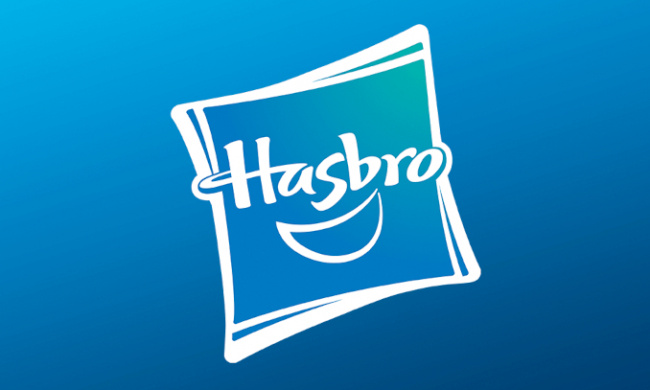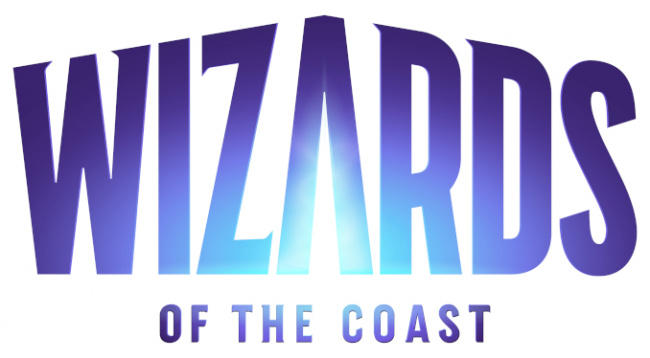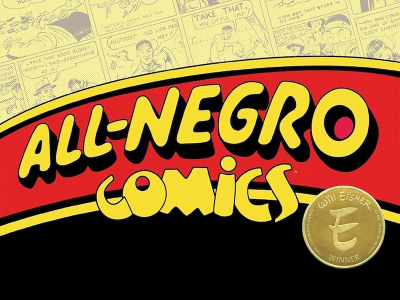Despite tariffs at the highest level since the Great Depression, Hasbro raised guidance for the year for its Wizards of the Coast and Digital Gaming segment, after a blowout first quarter and strong orders for upcoming Magic: The Gathering products.
One reason for the optimism was WotC's low exposure to tariffs, with expectations for roughly $10 million in tariffs for the year, the company said in the earnings call. Magic: The Gathering products are sourced form North Carolina and Texas in the U.S., and from Kyoto, Japan. The biggest contributor to the $10 million in tariffs for Wizards of the Coast will be from Dungeons & Dragons box sets, which are manufactured in China.
Hasbro CEO Chris Cocks said that the company's strategy for Magic: The Gathering will be to try to hold price points the same, especially on key products. In general, Hasbro feels its exposure to tariffs is lower than that of other companies, and that it can pick up shelf space from competitors during this period.
A second reason for optimism was the strong sales for the division in Q1, with sales up 46%, from $316.3 million in Q1 2024 to $462.1 million in Q1 2025. Magic: The Gathering sales were up 45%, from $237.9 million in 2024 to $346.3 million this year, with growth in both tabletop and Arena.
Cocks broke down the Magic growth in the conference call, listing strong backlist sales as the most important factor, but also noting the extra SKUs from Innistrad Remastered.
Wizards of the Coast tabletop gaming, which includes both Magic and D&D, was up 51%, from $228.2 million in Q1 2024 to $343.8 million this year.
A third reason why Hasbro raised their growth estimate for the WotC division to mid- to high-teen growth was the strong orders for upcoming Magic products, including Tarkir: Dragonstorm, and especially the Universes Beyond sets: Final Fantasy, Marvel, and Avatar: The Last Airbender. Cocks confirmed that Final Fantasy will be the best-selling Magic: The Gathering set of all time based on current orders; he said it was likely to occur in the Q4 call (see "Growth Expected in 2025").
The Wizards of the Coast and Digital Gaming division was spectacularly profitable in Q1, generating an operating margin of roughly 50% of sales, growing to $230 million in operating profits, up from $122.8 million in Q1 2024.
WotC has seen substantial store growth recently, with store counts up 20% from 18 months ago. This jibes with what we've been hearing about movement in trading card shops, concerned about the risk of disintermediation in the sports card business by Fanatics, to the TCG business.
The rest of Hasbro had lower sales in Q1, with company-wide sales up 17%, from $757.3 in Q1 2024 to $887.1 in Q1 2025. Consumer products, which includes toys and mass market games, were down 4%, which Hasbro said was better than expectations.
It also seems like the rest of the company was a drag on WotC's profits, with Hasbro overall earning $98.6 million in the quarter, up from $48.2 million in Q1 2024. That's nice growth, but it’s less than half of what the WotC segment threw off in operating profits.
Although Hasbro manufactures mass market board games in Rhode island, it’s got considerable exposure to tariffs for its toy business, where it's accelerating a reduction in SKUs and migration of manufacturing to countries other than China.
In a scary comparison, Hasbro sees the tariff impact on consumer spending for toys as likely to be similar to the impact of the Great Recession in 2008-2009.
"Ultimately, tariffs translate into higher consumer prices, potential job losses as we adjust to absorb increased costs and reduced profits for our shareholders," Cocks said in the conference call. "Our guidance is unchanged, supported by our robust games and licensing businesses and our strategic flexibility. But prolonged tariff conditions create structural costs and heighten market unpredictability."

After Blowout First Quarter
Posted by Milton Griepp on April 25, 2025 @ 3:33 am CT
MORE GAMES
As Eventful Hearing Continues for Third Day Wednesday
August 20, 2025
Image Comics has reached a settlement in its dispute over consignment inventory, and an eventful hearing continues for a third day.
'Books Are a Mess'
August 20, 2025
Diamond Comic Distributors is in danger of administrative insolvency, and its records are in disarray, according to statements in a court hearing.
MORE NEWS
Remastered Paperback Edition of Eisner Winner with New Content
August 19, 2025
The digitally remastered edition of the Eisner-winner includes new content.
New Post-apocalyptic RPG Based on the Board Game
August 19, 2025
9th Level Games revealed Thunder Road: Vendetta RPG , a new post-apocalyptic RPG, which has hit preorder for retail.








